Seven ERC Consolidator Grants for ETH Zurich
Seven ETH researchers can look forward to generous funding for their projects: the European Research Council (ERC) has approved a total amount of around 15 million Swiss francs.

The European Research Council (ERC) offers a range of funding instruments for supporting particularly excellent and creative projects. The Consolidator Grants are intended to help outstanding researchers to consolidate their position in basic research – often by building up their own research group.
ETH Zurich was again successful in the grant process this year, with seven projects by ETH researchers receiving an ERC Consolidator Grant of around 2 million Swiss francs each. A further eighth successful project will be transferred to ETH. These projects are all highly diverse with regard to subject area, and focus on issues ranging from digital approaches to securing a more sustainable fashion industry to fighting metastasis in breast cancer. The researchers belong to six different ETH departments.
The importance of relationships with Europe
Not only is the absolute number of successful projects highly encouraging, so are the overall results: 60 percent of the applications submitted by ETH researchers progressed to the second round of the assessment procedure and over half received a score of “A”, indicating that they would in principle be eligible for funding. At 35 percent, the success rate of ETH applications was significantly higher than the European average of 13 percent.
Detlef Günther, ETH Vice President for Research, is delighted with this achievement: “I would like to congratulate the researchers on this great success. We can be proud of ETH and its consistently excellent performance in the ERC grant awarding process.” He emphasises, however, that the substantial support provided by the EU for these important research projects cannot be taken for granted: “It is essential for us to continue to be able to participate in the European framework programme for research in order to maintain this high standard.” He strongly believes that ERC grants make a significant contribution to ensuring the visibility of researchers from Switzerland throughout Europe and enabling them to establish networks with first-class EU researchers. “This must continue to be the case in future,” he says.
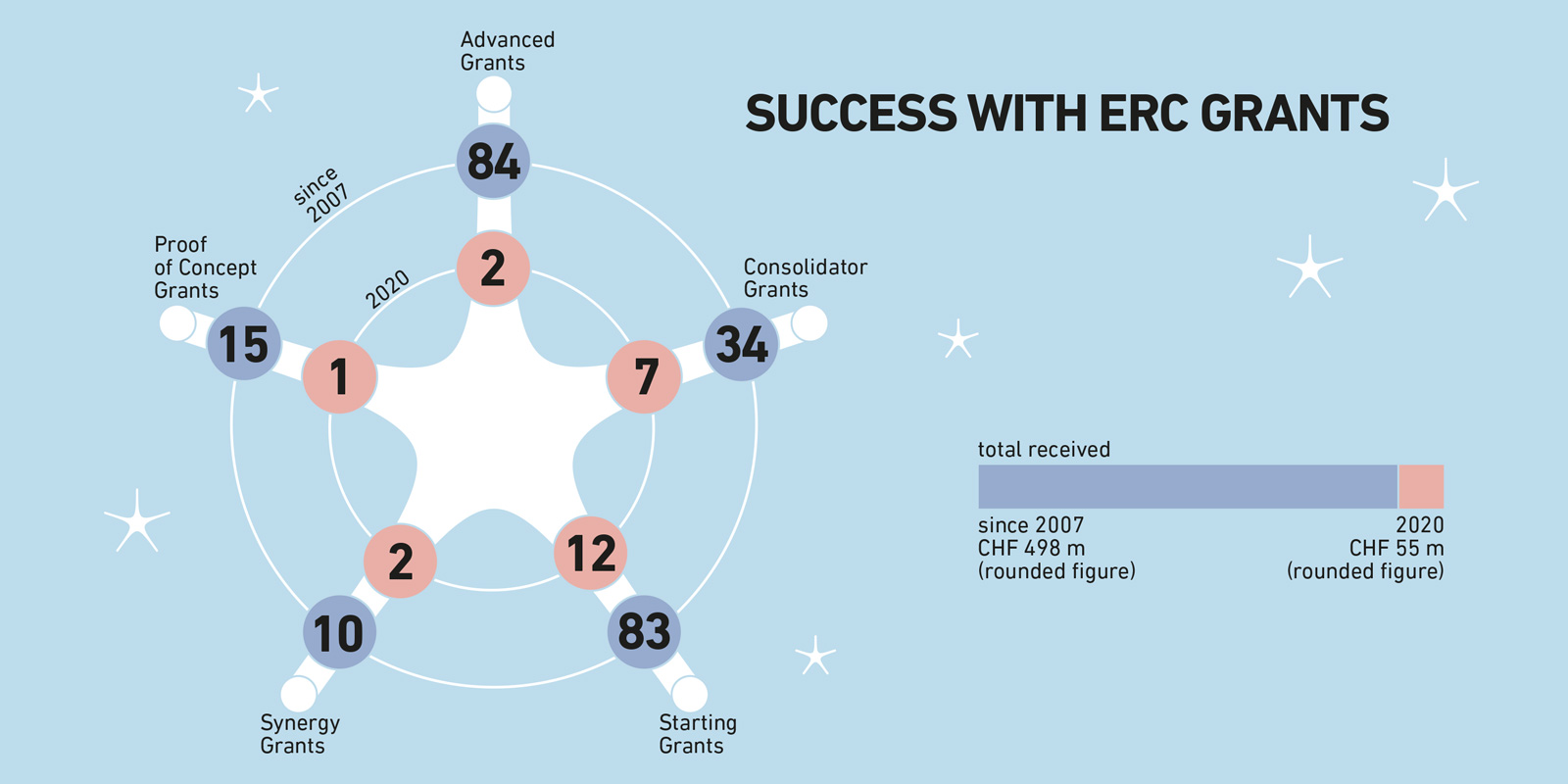
All projects at a glance
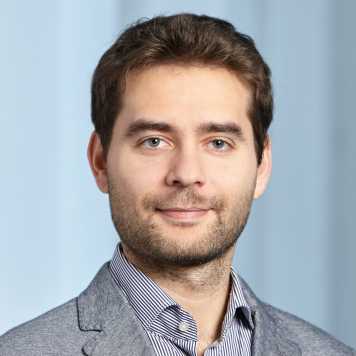
The interior of biological cells is organised in different subunits in which biochemical processes take place, such as compartments surrounded by membranes, as has long been known. In recent years biologists have shown that, in addition to this, cellular molecules act as "molecular Velcros" and promote liquid-liquid phase separation, thus forming further membrane-less organisational units. Paolo Arosio is a professor of Biochemical Engineering. In his ERC project, he will apply the mode of action of these Velcro biomolecules to create outside of cells a new type of micro-compartments with different tailor-made properties. These include adaptable compartments that can change composition and material properties in response to stimuli. They could one day be used for drug discovery or to facilitate chemical reactions and manufacturing of biological drugs.
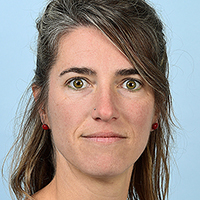
Núria Casacuberta-Arola is an Environmental Scientist and a specialist in studying ocean circulation by looking at trace elements. In her ERC project, she will use a novel approach that combines artificial and natural radioactive tracers to study the fluxes, circulation timescales and mixing processes of waters in the Arctic and subpolar North Atlantic oceans. Both areas feed one of the main engines of the global ocean, the Atlantic Meridional Overturning Circulation. Casacuberta-Arola wants to answer some open questions regarding the underlying physical mechanisms of water mass transport in this polar region that plays a key role in regulating climate on Earth.
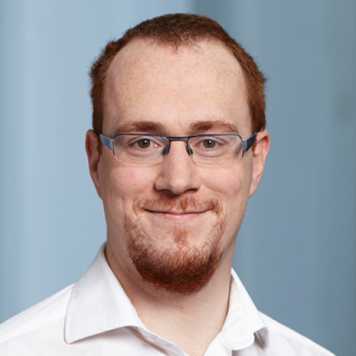
Torsten Hoefler’s group is working on high-performance computing systems. It investigates the computer performance while building programming systems and specific applications for weather and climate research as well as for deep learning, a method of machine learning. Since data science and artificial intelligence increase the demands for more compute power, Hoefler's ERC project aims to develop a productive and efficient programming model that will enable scaling computational power even further in the coming years. Even if the complexity of integrated circuits no longer doubles every two years (so-called Moore's Law). To surpass the limits of this law, accelerated architectures are to be better exploited. Their model is based model bases on a fundamentally new spatial viewpoint that considers the computational structure of applications.
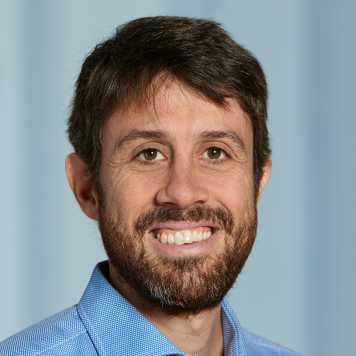
Lucio Isa focuses on the development of new materials and processes based on micro and nanoparticles and the complex interfaces they form with surrounding fluids. With this project, he aims at developing a new class of active microparticles that can adapt their shape and properties to the environment and correspondingly change the way in which they move and interact with their neighbors. He will produce micro materials with internal feedback and signaling schemes, which are inspired by both robotic systems and biological microorganisms, by exploiting a combination of synthesis and micro-nanofabrication techniques. These materials present new opportunities for transport and manipulation of matter at the microscale, as required by applications such as targeted drug delivery or removing pollutants from the environment.
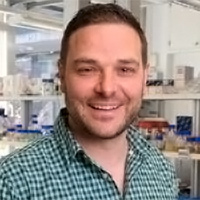
Martin Pilhofer studies cell-cell interactions by imaging techniques and was awarded an ERC Starting Grant in 2015. With the new Consolidator Grant, the group will develop cryo-electron tomography methods to study complex environmental samples. The methods will be applied to investigate the diversity and evolution of cell-cell interactions in microbial ecosystems. Cryo-electron tomography will be established as a new discovery tool in order to understand how the astonishing genetic diversity in microbial populations manifests in unexplored structures and functions.
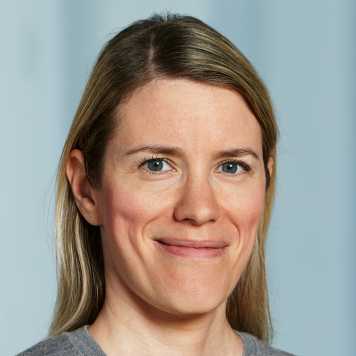
How can tailor-made, fashionable garments be designed on the computer in such a way that they optimally fit the individual body measurements of a particular person? This is the question being investigated by Olga Sorkine-Hornung and her team from the Interactive Geometry Lab, which conducts research in the field of computer graphics. Her ERC project deals with digital 3D modeling and fabrication of garments. The goal is to develop next-gen computer-aided design tools for professionals in the textile and garment industry. The envisaged outcome is algorithms and software that will support a transition from mass-produced clothing in standardized sizes to custom-tailored garments that fit each individual perfectly. Thanks to automatic adjustment and on-demand production of the digital garment designs, natural and human resources can also be saved.
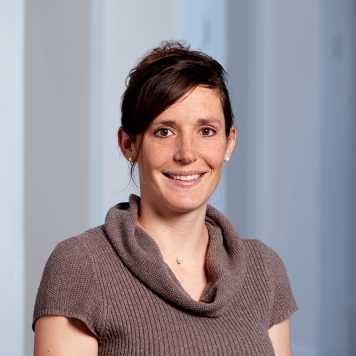
Population dynamics deals with the spread of biological populations over time and across geographic regions. This includes very different processes such as the emergence and extinction of species, the spread of pathogens, the development of a fertilised egg cell into an organism or the degeneration of cells into tumours. In her ERC project, ETH Professor Tanja Stadler will investigate the fundamental rules of such population dynamic processes. She will do so by applying mathematical and statistical tools to phylogenetic trees. This will lead to new phylodynamic models. In evolutionary research and epidemiology, such models are already being applied. Stadler now aims to establish her models outside of these areas, especially in the field of developmental biology.
ERC project transferred to ETH Zurich:
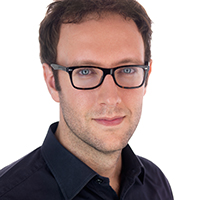
In breast cancer and many other types of cancer, the primary tumour must be distinguished from its metastases: In some patients, cancer cells may detach from the primary tumour, enter the blood vessels, spread through the bloodstream and form metastases elsewhere in the body. It is mainly these metastases that cause unfavourable disease progressions that can be fatal. Nicola Aceto is currently a professor at the University of Basel. He will move to the ETH Zurich at the beginning of 2021. In his ERC project he will investigate the mechanisms by which breast cancer cells can enter blood vessels. Based on these, Aceto wants to identify new methods to prevent cancer cells from leaving the primary tumor site. In the long term, the aim is to stop the metastatic spread of breast cancer by therapeutical means.
Benchmark for top researchers: ERC Grants
ETH researchers have been successfully applying for ERC Research Grants since 2007. In addition to the Consolidator Grants, the European Research Council also awards Starting Grants for young researchers at the beginning of their career, Advanced Grants for established researchers and Synergy Grants to promote innovative research collaborations. The European Research Council is part of the European research and innovation programme "Horizon 2020" (2014-2020). The successor programme "Horizon Europe" (2021-2027) is still in development.
Comments
No comments yet